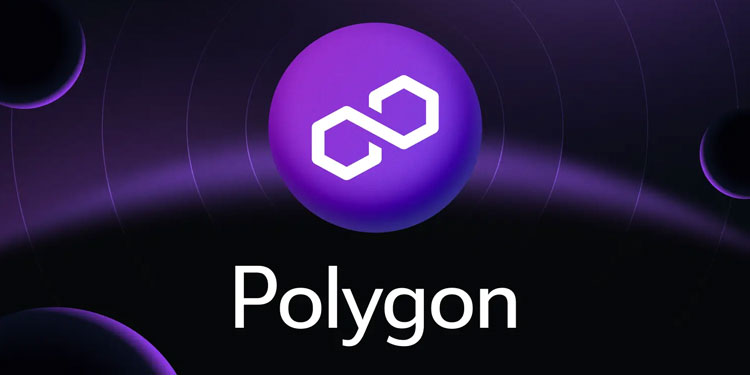 Polygon Labs, in its latest development, has introduced an Ethereum contract for its newly launched POL token, designed to serve as the driving force behind the Polygon zkEVM layer-2 ecosystem. This ‘next-generation hyperproductive token,’ as described by Polygon, is slated to replace MATIC, the original staking and gas token for the network, as indicated in an announcement made on October 25.
Polygon Labs, in its latest development, has introduced an Ethereum contract for its newly launched POL token, designed to serve as the driving force behind the Polygon zkEVM layer-2 ecosystem. This ‘next-generation hyperproductive token,’ as described by Polygon, is slated to replace MATIC, the original staking and gas token for the network, as indicated in an announcement made on October 25.
It’s worth noting that MATIC token holders need not rush to swap their holdings for POL tokens. MATIC will continue to be used for staking, covering transaction fees, and other essential operations within Polygon’s proof-of-stake network. The POL token, on the other hand, will come into play once additional layer-2 networks are introduced as part of Polygon 2.0, set to launch next year.
POL Token to Eventually Replace MATIC in Polygon’s Ecosystem
The POL token plays a vital role in enhancing the ecosystem of zero-knowledge-based Layer 2 chains, thanks to Polygon’s native re-staking protocol. This protocol grants POL token holders the flexibility to seamlessly interact across various chains for a range of purposes, including sequencing, ZK proof generation, and participation in data availability committees.
The POL token made its debut on the Ethereum blockchain at 9:06 am UTC under the moniker “Polygon Ecosystem Token.” Polygon had initially unveiled its plans for a new token and layer-2 ecosystem named Polygon 2.0 back in June, though detailed specifics were not disclosed at the time.
In a subsequent announcement made last month, the Polygon team revealed its intentions to introduce a zero-knowledge proof-based network known as the Polygon zkEVM, which will serve as the flagship layer-2 chain within Polygon 2.0. The zkEVM is set to provide faster and more cost-effective transactions while upholding a high level of privacy and security.
Zero-knowledge proofs represent a groundbreaking technology that allows transaction validation without disclosing any underlying data. Polygon believes that adopting this technology will significantly expand its layer-2 ecosystem while averting the bottlenecks and congestion issues that have plagued rival platforms.
The launch of the POL token marks a crucial milestone in Polygon’s roadmap for the phased introduction of Polygon 2.0 over the upcoming year. The roadmap includes other planned upgrades, such as the introduction of a new staking layer, the transition of the existing proof-of-stake chain to a zkEVM-based layer-2, and the creation of a modular liquidity protocol.
Mihailo Bjelic, Co-Founder of Polygon, has expressed that POL unlocks “an exponential increase in flexibility and modularity that will power Web3 to scale new heights.” This move signifies Polygon’s commitment to pushing the boundaries of its ecosystem and ushering in a new era of innovation and scalability for the Web3 space.








